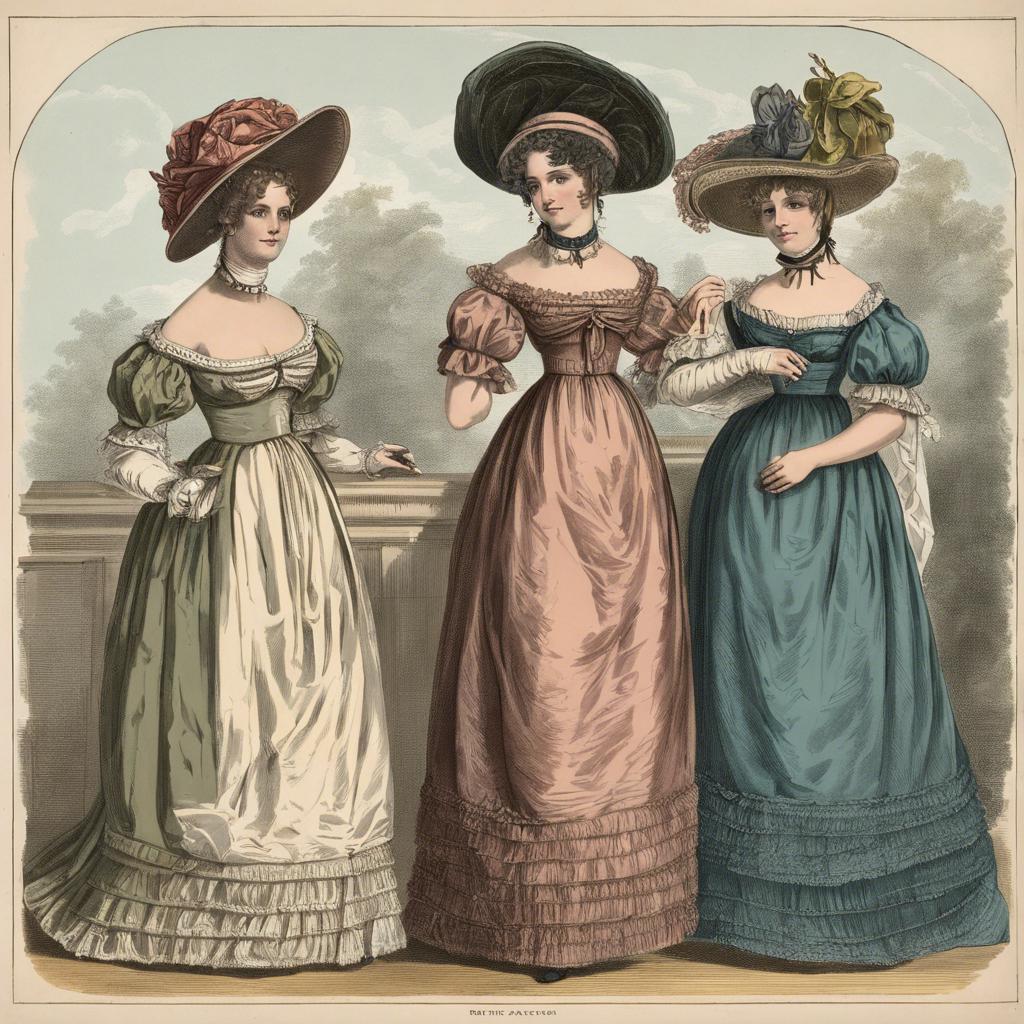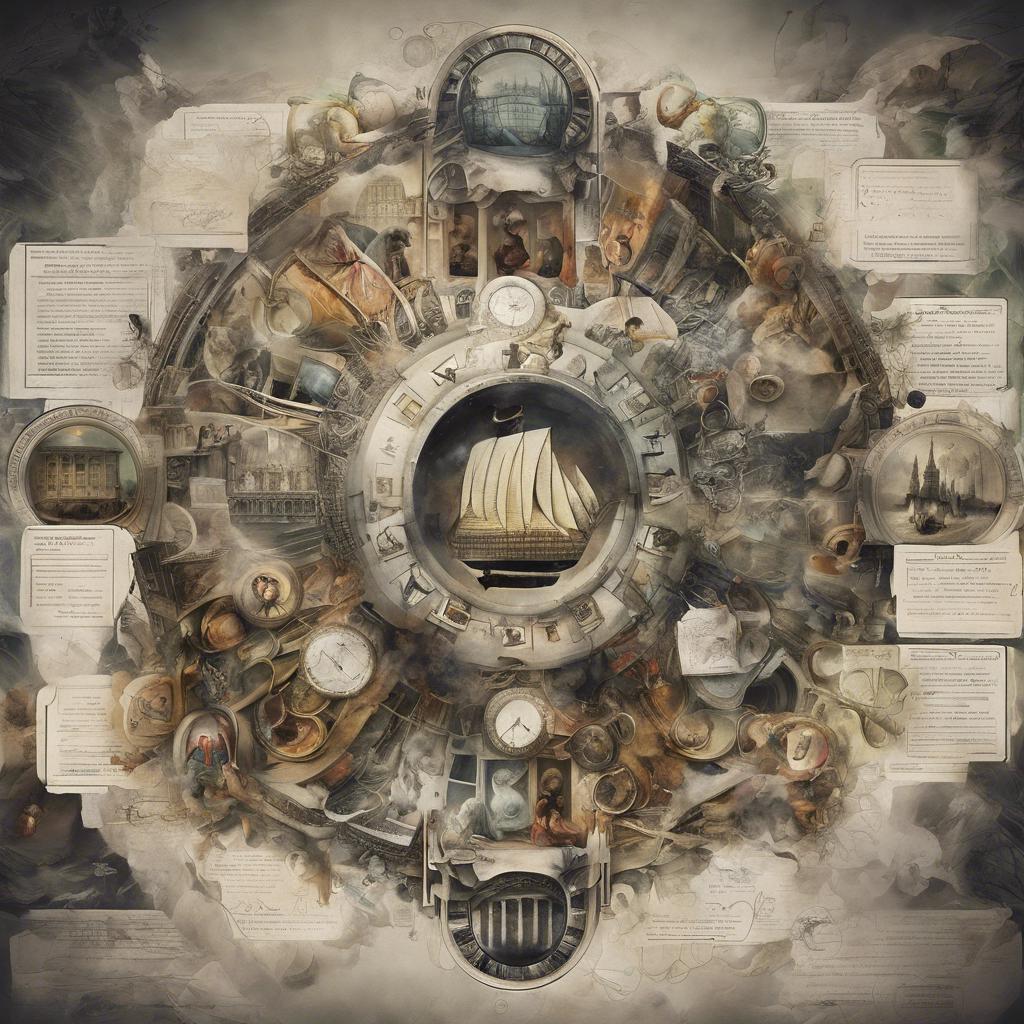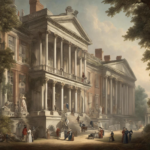The Regency Era, spanning from 1811 to 1820, marked a significant period of British history characterized by the rule of Prince Regent George IV due to the mental incapacity of his father, King George III. During this time, the British society underwent substantial cultural and political changes, shaping the future of the nation. In order to delve deeper into this fascinating era, historians and enthusiasts alike have turned to the Regency Era Wiki, a comprehensive online resource dedicated to documenting and exploring the rich history and cultural nuances of this pivotal period. Join us as we embark on a journey through the Regency Era, uncovering its secrets and significance through the invaluable resources of the Regency Era Wiki.
Step Into the World of Cheryl Bolen
Dive into the enchanting stories of love, intrigue, and elegance set in the Regency Era. Cheryl Bolen's novels offer timeless romance and captivating tales that will leave you wanting more.
Explore Cheryl Bolen's Books Now
Regency Era Fashion Overview
In the Regency Era, fashion underwent a dramatic transformation, marked by flowing silhouettes, empire waistlines, and delicate embellishments. Women’s clothing during this period was characterized by high-waisted dresses that emphasized a slim, columnar silhouette. Necklines were typically low and wide, with short sleeves or long sleeves with puffed shoulders. Fabrics such as muslin, silk, and lightweight cotton were popular choices for creating the elegant drapery and delicate detailing seen in Regency fashion.
Men’s fashion in the Regency Era was equally refined, with tailored suits featuring fitted coats, narrow trousers, and crisp shirts. The iconic tailcoat was a staple of men’s formal attire, often paired with a waistcoat and cravat. Accessories such as gloves, top hats, and walking sticks were essential to completing a gentleman’s ensemble. The emphasis on simplicity, elegance, and refined tailoring in both men’s and women’s fashion reflected the cultural values of the time.
Regency Era fashion was a reflection of the society’s evolving attitudes towards style, luxury, and self-expression. The period saw a departure from the ornate and structured garments of the previous Georgian era, giving way to a more natural and graceful aesthetic. As the influence of French fashion spread throughout Europe, Regency style became synonymous with elegance, sophistication, and a sense of romanticism that continues to inspire designers and fashion enthusiasts today.
Regency Era Architecture and Interior Design
During the Regency Era, architecture and interior design underwent significant changes that reflected the shift in cultural norms and tastes. Regency architecture is characterized by its elegance, symmetry, and classical influences. Buildings from this period often feature grand facades, tall columns, and intricate detailing. The interior design of Regency homes focused on creating light-filled rooms with high ceilings, large windows, and delicate furnishings.
Key Characteristics of Regency Era Architecture:
- Grand facades with classical details
- Tall columns and symmetrical layouts
- Use of materials such as stucco, marble, and stone
- Emphasis on light and airy spaces
Interior Design Trends during the Regency Era:
- Light-filled rooms with large windows
- High ceilings and ornate plasterwork
- Delicate furnishings such as chandeliers, draperies, and damask fabrics
- Classical influences in furniture design, such as Greek and Roman motifs
In addition to the architectural and interior design trends, the Regency Era also saw the rise of landscape architecture. Gardens were designed to complement the grandeur of Regency homes, featuring carefully manicured lawns, picturesque pathways, and ornate fountains. The integration of indoor and outdoor spaces was a key aspect of Regency landscaping, with garden pavilions and pergolas serving as elegant retreats for social gatherings.
Key Figures of the Regency Era
The Regency Era, spanning from 1811 to 1820, was a pivotal period in British history marked by the reign of King George IV as Prince Regent due to the mental illness of his father, King George III. During this time, several key figures emerged who played significant roles in shaping the political, social, and cultural landscape of the era.
One of the most prominent figures of the Regency Era was Jane Austen, a celebrated novelist known for her works such as “Pride and Prejudice” and “Sense and Sensibility.” Austen’s keen observations of societal norms and relationships continue to captivate readers to this day, solidifying her status as a literary icon of the period.
Another noteworthy figure of the Regency Era was Lord Byron, a renowned poet whose romantic and melancholic verses captured the imagination of the public. Byron’s turbulent personal life and controversial reputation added to his allure, making him a captivating and controversial figure of the time.
Resources for Further Research and Exploration
Explore the rich history and intricate details of the Regency era with the Regency Era Wiki. This comprehensive online resource offers a wealth of information on the social customs, fashion, literature, and politics of this fascinating period in British history. Whether you are a history buff, a student, or simply curious about this era, the Regency Era Wiki is the perfect starting point for further research and exploration.
Delve into the lives of iconic figures such as Jane Austen, Lord Byron, and the Prince Regent himself. Learn about the architecture of the time, the etiquette of high society, and the impact of major historical events on daily life. With in-depth articles, images, and interactive resources, the Regency Era Wiki brings this dynamic period to life in vivid detail.
From detailed timelines to curated reading lists, the Regency Era Wiki is your one-stop destination for all things related to this captivating time in history. Whether you are interested in exploring the world of Regency romance novels or uncovering the political intrigues of the era, this online resource has everything you need to deepen your understanding and appreciation of the Regency period.
Closing Remarks
delving into the Regency Era Wiki provides a fascinating glimpse into the intricate social, political, and cultural landscape of this pivotal period in British history. Through the wealth of information and resources available, one can gain a deeper understanding of the customs, traditions, and significant events that shaped the Regency era. As we continue to explore and study this captivating time in history, may we appreciate the enduring legacy and influence of the Regency era on modern society. Thank you for joining us on this enlightening journey through the Regency Era Wiki.


